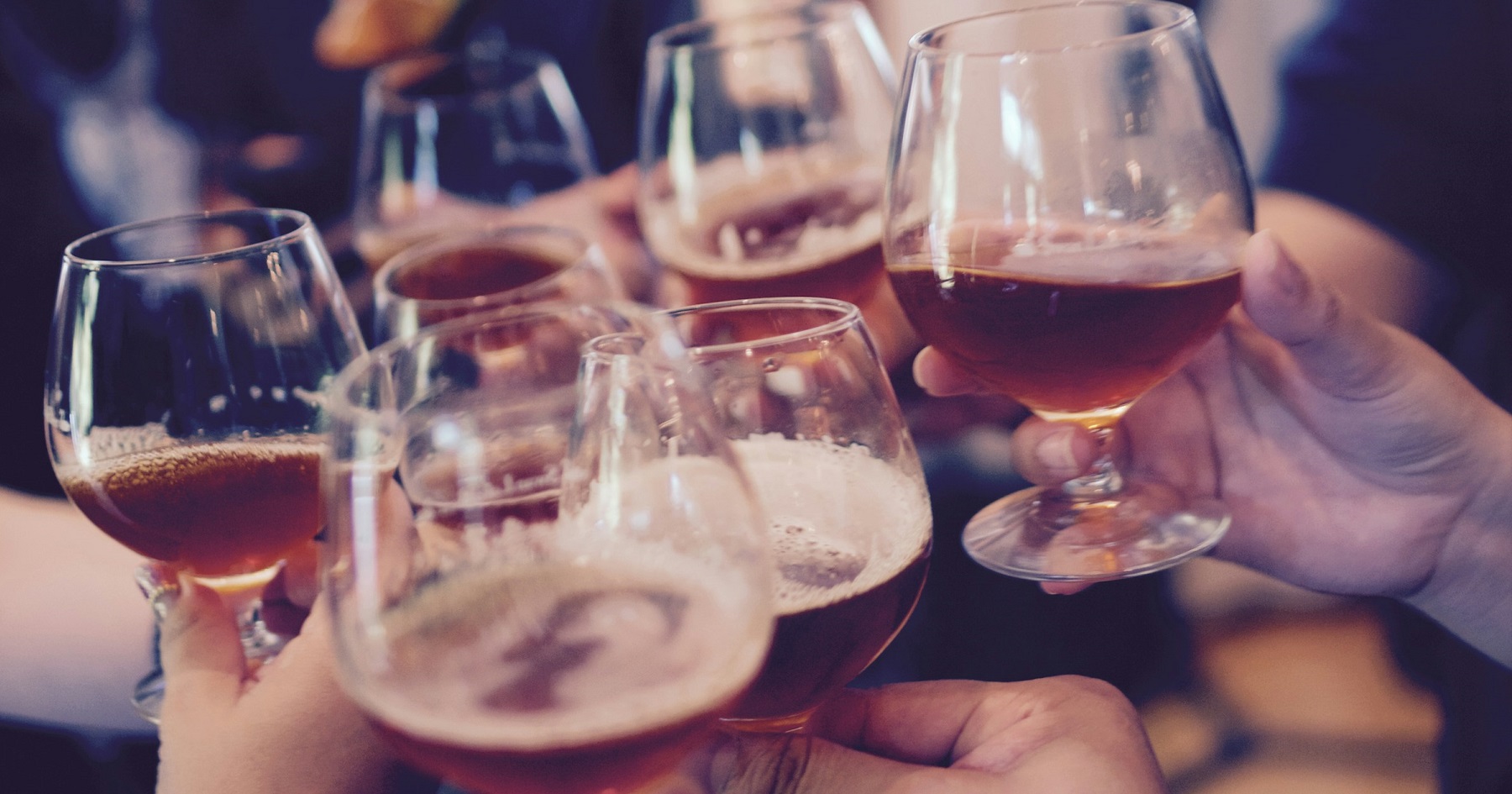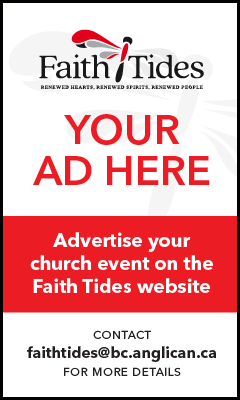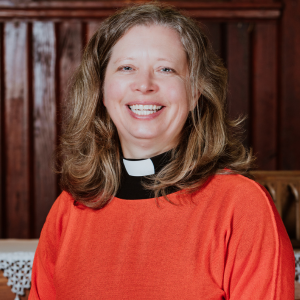“Where can we plant our feet?” Tripp Fuller asked in his introductory address at Theology Beer Camp, held Oct. 17–19 in Denver, CO. Planting our feet in the past is not an option. Planting our feet in the future is impossible. And, so, standing in the present, we looked towards the future, guided by many of the best theological thinkers of our time.
Each of the seven keynotes reflected on a different aspect of the future: politics, the planet, religion, the past, religious identity, history and, finally, the future of God. It is impossible to summarize it all, but in the end, I was left with three overall impressions: everything is theological, theological focus has swung back around to wondering about God (as distinct but related to Jesus and Holy Spirit) and the future is open.
First, everything is theological. Politics. Religion. Race. Psychology. Science. Cosmology. Demographics. Philosophy. Ecology. Spirituality. In two days, we covered it all and then some. There was no bracketing out, but always engaging with every aspect of our lives. The expanding complexity could be overwhelming and yet it was also a relief to not be checking any part of our bodies, minds or souls at the door.
Second, theological reflection has swung back around to God. Maybe it never left, but there was no talk of atonement theology, debate about the historical Jesus or theories of the spirit. There was, however, much talk about images of God: the God of the corner office, the higher power, the immutable (pre-evolutionary) God, the white male God. If there was a core focus underlying it all, it might have been about how our images of God impact everything about how we live and move and be and organize and relate and govern and connect and live together.
Third, and perhaps for me most importantly, I was left thinking: the future is open. “The future of God,” final keynote speaker Catherine Keller said, “is an openness, an adventure…” As opposed to know-it-all theology and know-it-all secularism, “the future of God depends on the mystery of everything else,” she said. It’s about wonder, both as verb and noun. Between absolute certainty and absolute mystery, God is the risk of love in the middle. Uncertain. Always becoming. Open.
The idea that “the future is open” is terrifying, in that we would prefer set answers and clear vision that would solve all our problems: climate crises, war and institutional church decline (to name a few). Openness is also exciting. We have agency and responsibility, with God and one another, to try, to create, to try again, with laughter and tears, bringing the best of scientific knowledge, technological know-how, spiritual depth, philosophical reflection, faith, courage, hope and love to bear on an open future.
Maybe the answer to Tripp’s opening question — where will we plant our feet? — is that we aren’t meant to. We’re meant to move. To explore. To journey. To connect. To relate. The future is not fixed but open. We are co-creators, in relationship with God and one another, of our future. Maybe we can even have a little fun doing it.
Thanks to the Educational Trusts Board of the diocese for the support that enabled me to attend. Find out more about Theology Beer Camp.




